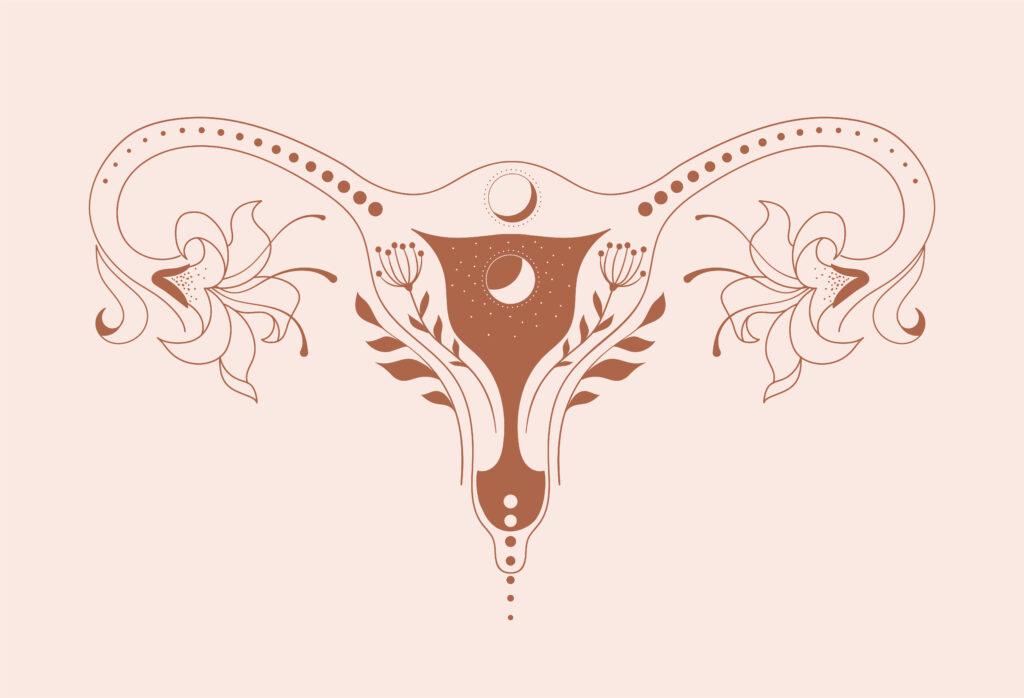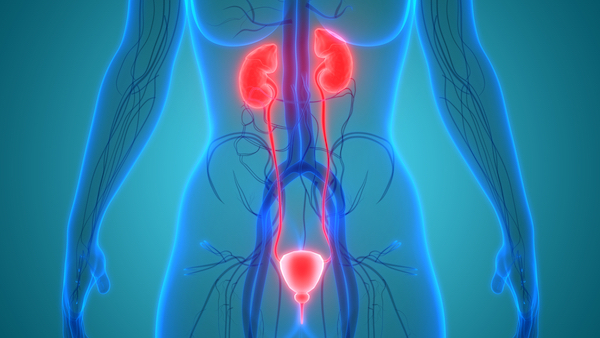
Pelvic floor during pregnancy and labor
During pregnancy: the pelvic floor is under a lot of pressure, due to the weight of the baby pushing down while the ligaments are stretched.
During labor: muscles are stretched out and can often be impacted.
After labor: it is important to re-establish balance within the muscles and ligaments to prevent any complications such as urinary incontinence, spasms or pain.

Benefits of physiotherapy
Physiotherapy will allow the pelvic floor to gently go back into shape using various techniques :
- Manual therapy
- Biofeedback (with a machine that helps the muscles to contract and gain strength)
- Tailored Exercises
- Hypopressive abs
- Breathing techniques
- Gentle stretching
- Post-natal Pilates
- Post-natal Yoga

Urinary Incontinence
What is stress urinary incontinence?
Stress urinary incontinence is the uncontrolled leakage of urine when coughing, laughing loudly, sneezing or doing sport (jumping, running). According to statistics, 1 in 5 women suffers from incontinence.
What is urinary urgency incontinence or bladder overactivity?
Urge incontinence is characterized by an urgent need to urinate that cannot be controlled. It’s an involuntary leakage of urine that can occur at any time (without exertion, at rest or at night). It’s also known as the key sign, which means that the person is standing in front of the door looking for their key, and the sudden urge to urinate takes hold of them.
What is mixed incontinence?
Mixed incontinence can be caused by a number of factors, including prolapse, urinary tract infection, unsatisfactory sexuality and digestive problems.
What needs to be done?
Weakened muscles need to be strengthened through perineal and pelvic floor exercises, as well as abdominal exercises, to restore strength, stamina and tone to the area.
The physiotherapist will first carry out a complete assessment to understand and diagnose the physiopathology of urinary incontinence, then determine the treatment to be followed.
We are specialists in pelvic floor physio
Frequently Asked Questions
Pelvic floor physiotherapy consists of giving back strength, toning and support to all the muscles in the pelvic floor area.
These muscles often need strengthening and rehab after pregnancy.
The pelvic floor is composed of many muscles that all work together in symbiosis to provide various important functions to your health: bowel support, urinary continence, rectum support, sexual pleasure, pregnancy support. It is like a hammock that holds everything together and it is also seen as a second diaphragm in your body.
During pregnancy, the muscles of the pelvic floor have been undergoing major tension as they have been working to support the weight of the baby. They’ve had to accommodate very quickly to major hormonal changes as well.
When the baby is born, the muscles have been stretched out during labor, and this can cause minor lesions in the muscle tissues. They might not be able to ensure their role of support as well as they did before pregnancy, which can lead to leaking urine at unwanted moments or any other uncomfortable sensations.
Pelvic floor physiotherapy can help rebuild strength to these muscles to help you get back to a normal healthy body.
After a detailed assessment where questions are answered by the patient, the physiotherapist will determine a course of treatment to help regain strength, stability and support in the pelvic floor region, via different means: manual therapy, biofeedback (with a machine that helps the muscles to contract and gain strength) and specific exercises.
The patient can choose whether a machine is used or not. Rehab can be done without it.
However scientific research has reported that this treatment is quite effective for pelvic floor rehabilitation. We have such state-of-the-art machines at Valencia Physio,
Depending on your previous issue, this should improve your life in a general way:
- better urinary support and no more urinary incontinence
- ability to get back to sport
- better comfort in the lower body
- happier sexual life
- healthier pelvic floor better prepared for future pregnancies
Yes absolutely. All pelvic floor appointments at Valencia Physio are attended by female physios.
A treatment plan is generally a maximum of 10 sessions
It always depends on the patient, the condition and their progress.
English, French, Italian and Spanish.
Call this number (676922972) or click the button below to make an appointment.
